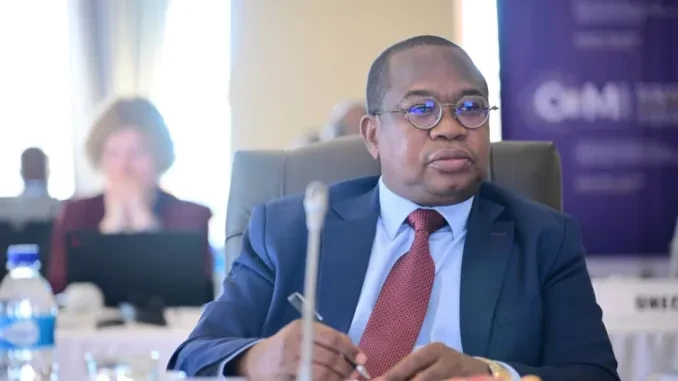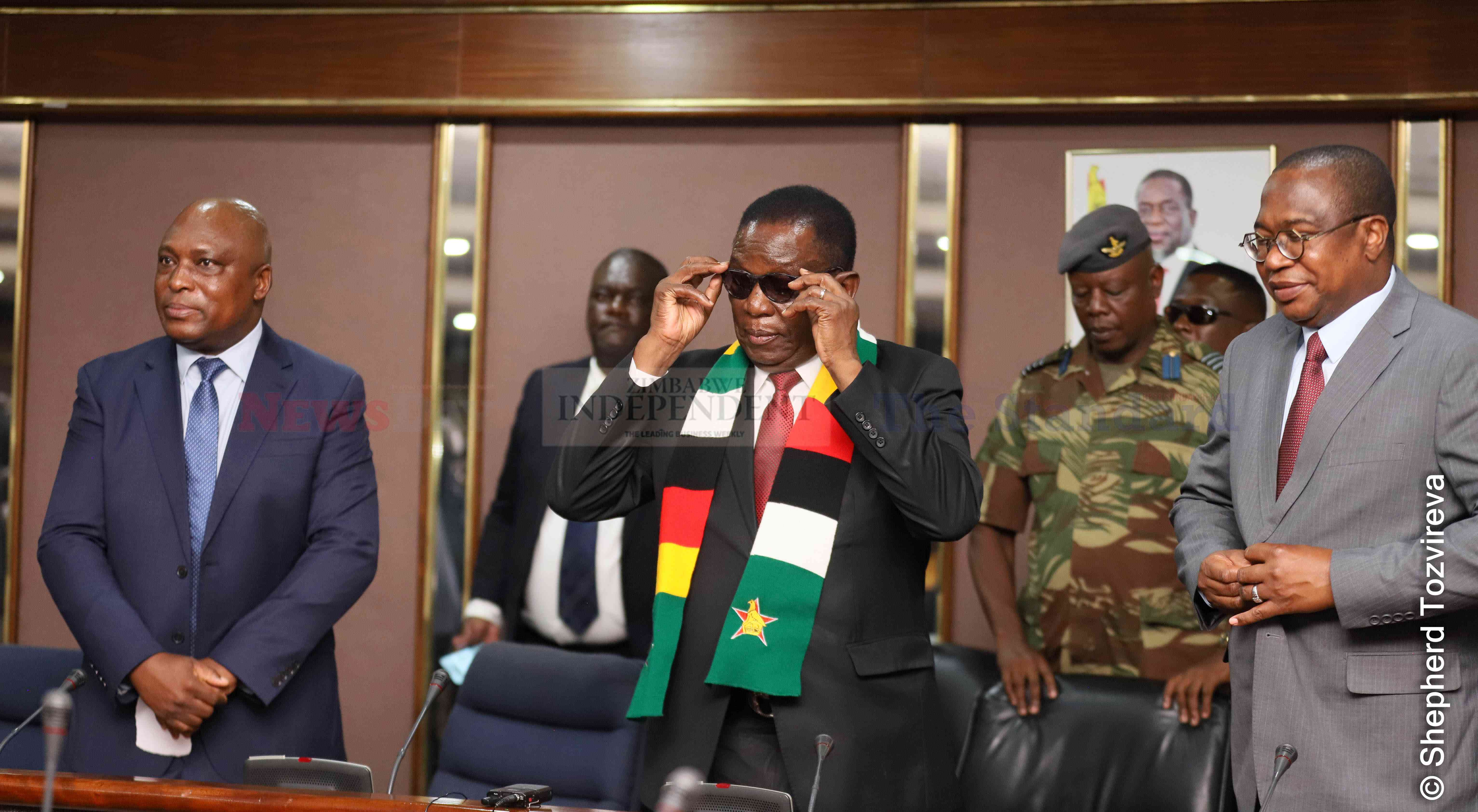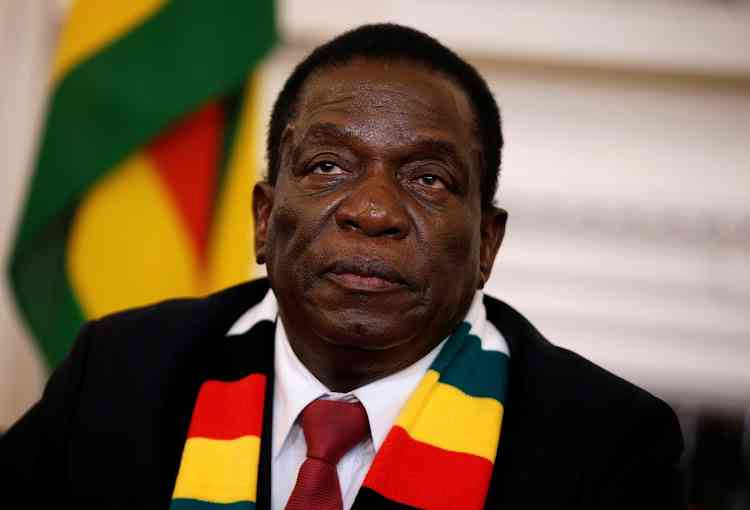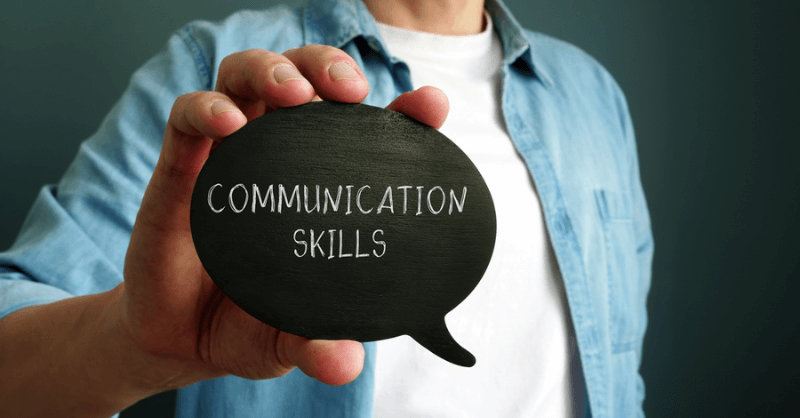
MOST African nations’ pursuit to find their development solutions has tended to be grounded in politics than in business or industrialisation. For that reason, the political industry has grown exponentially faster than the business sector, creating an illusionary expectation that politicians are there to transform nations.
It is for the same reasons that after every five to six years, most of the African countries go to the polls to choose a leadership with the expectation they would change the lives of the people. Each of these elections have either changed the leadership or retained the same, but with little or no change to the well-being of the nation.
With each term that comes and passes, questions have been raised on why countries in Africa have failed to rise and improve the welfare of their people.
The answer is simple. Politics in Africa, even though it is non-profitable, costly and unable to develop a nation in the absence of a thriving economy, it is a serious and big business by its own right. The returns in African politics lie in how and how long a system retains powers. It is about power and not development. And that power is converted into plundering opportunities at the expense of those in the margins of power.
However, this is not to say politics has no role in the development of a nation. Historically, leaders, whether ascribed or elected, carried the responsibility of caring for the poor, taking care of the welfare of the nation and facilitation of its development.
In the modern day world, development occurs when economic growth is allowed to flourish. Economic growth happens when businesses are allowed to exist within a conducive environment that enables their growth and to generate capital and profits from where the businesses pay taxes to governing authorities to provide services to the people. Development happens when businesses are experiencing an increase in the production of goods and services and where there are increases in capital goods, labour force and technology leading to a situation where human capital can all contribute to economic growth.
At its advanced stage, economic growth is commonly measured in terms of the increase in aggregated market value of additional goods and services produced, using estimates such as gross domestic product.
History offers varying accounts on what comes first politics or economic growth. During the period of industrialisation, the growth in business overturned monarchical and religious government institutions to establish the modern system of democratic governance. This is because business and citizens sought their freedom to grow unhindered by archaic and traditional political systems. The outcome of this struggle was the rise of western economies, the growth of democracy and the spread of technology. The key lesson to be drawn from this period was that citizens and economies or business converged to reshape politics, not the other way round as is commonly the case in Africa.
- Chamisa under fire over US$120K donation
- Mavhunga puts DeMbare into Chibuku quarterfinals
- Pension funds bet on Cabora Bassa oilfields
- Councils defy govt fire tender directive
Keep Reading
The age of colonisation was driven by the desire to meet the needs of growing economies in Europe. While each colonising country deployed a form of an administration, what transpired on the ground did not always replicate what was imposed. In several areas, it was the colonial investors, the farmers, the miners and the trader, who came together to form committees that either transformed to become governing bodies or handed over to an elected one.
The reason these governing bodies were formed was to deal with how societies or nation of people can live together within a set of rules: Constitutions. In these contexts, whether it is democracy or not, the role of politics is to reflect the will of the people in deciding the rules of the game.
So the politician’s role was to respond to the needs of the people as they relate to each other and the economies and to ensure there was balance of power between business and the people. The existence of a politician was dependent on their ability to balance the two. In the absence of these, the role of the politician would be in danger.
Unfortunately, the post-independence politics in Africa has allowed the politician to shift the meaning of politics. It has become so powerful and a determinant factor in the development of nations.
They have made politics so powerful by creating unorthodox streams of income; money which they use to manipulate people and business. With that political power in their hands, they call the shots on who invests on what and on what terms. They have used the same power to manipulate the voters and to corrupt the electoral systems.
With that excessive accumulation of power, politics in Africa is no longer about national development, but a process of ensuring the power of the elected official is retained, with only a few people enjoying the bigger piece of the cake.
Tapiwa Gomo writes in his personal capacity











